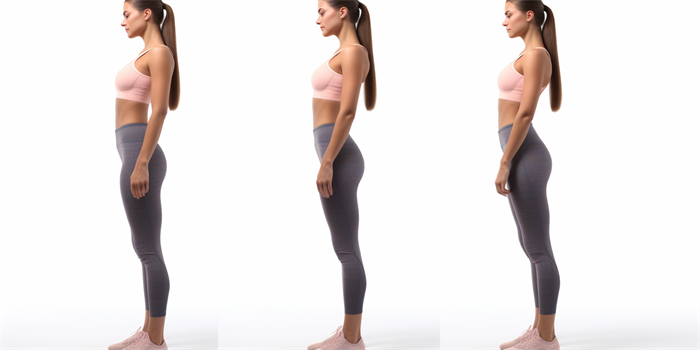What is the Best Age for Sclerotherapy in Point Fortin?
Sclerotherapy is a popular treatment for varicose veins and spider veins, involving the injection of a solution directly into the vein to make it shrink and eventually disappear. The procedure is effective and relatively painless, making it a preferred choice for many patients. However, determining the best age for sclerotherapy can depend on several factors, including the patient's overall health, the severity of the veins, and personal preferences.

Understanding Sclerotherapy
Sclerotherapy involves injecting a solution into the affected veins, which irritates the lining of the blood vessel, causing it to collapse and stick together. Over time, the vessel turns into scar tissue that fades from view. This procedure is particularly effective for smaller varicose veins and spider veins, which are often more visible on the legs. The treatment is typically performed by a vascular specialist or a dermatologist and can require multiple sessions for optimal results.
Age Considerations for Sclerotherapy
While there is no definitive age at which sclerotherapy is most effective, several factors influence the suitability of the treatment at different stages of life:
- Young Adults: Younger patients may opt for sclerotherapy to address cosmetic concerns early, preventing the progression of vein issues. However, it's crucial to ensure that the veins are not part of a more significant vascular issue that might require different treatment.
- Middle Age: As people age, the likelihood of developing varicose veins increases. Middle-aged individuals might find sclerotherapy beneficial for both cosmetic and health reasons, as varicose veins can lead to more severe conditions like venous insufficiency.
- Elderly: Elderly patients may also benefit from sclerotherapy, especially if they experience discomfort or complications from varicose veins. However, the overall health and mobility of the patient should be carefully considered, as these factors can affect the treatment's outcome and recovery.
Health and Lifestyle Factors
Beyond age, several health and lifestyle factors can influence the timing and effectiveness of sclerotherapy:
- Vein Severity: The severity of the veins is a critical factor. Patients with mild to moderate vein issues may find that sclerotherapy is effective at any age. However, more severe cases might require additional treatments or a different approach.
- Overall Health: A patient's overall health can significantly impact the success of sclerotherapy. Conditions like diabetes, heart disease, or blood clotting disorders can affect the treatment plan and its outcomes.
- Pregnancy and Hormonal Changes: Pregnancy can exacerbate vein issues, but sclerotherapy is generally not recommended during pregnancy. Hormonal changes can also affect vein health, so it's essential to consider these factors when planning treatment.
Personal Preferences and Expectations
Personal preferences and expectations play a significant role in determining the best age for sclerotherapy. Some individuals may prioritize early intervention for cosmetic reasons, while others might wait until vein issues become more problematic. It's essential to have realistic expectations about the outcomes of sclerotherapy, which can vary based on individual factors and the specific veins being treated.
FAQs About Sclerotherapy in Point Fortin
Q: Is sclerotherapy painful?
A: Sclerotherapy is generally well-tolerated, with most patients experiencing only mild discomfort during the injections. Any pain or discomfort is usually short-lived.
Q: How long does it take to see results from sclerotherapy?
A: Most patients notice a significant improvement within a few weeks, with continued improvement over several months.
Q: Are there any side effects of sclerotherapy?
A: Common side effects include temporary redness, bruising, or swelling at the injection site. More severe complications are rare but can include allergic reactions or blood clots.
Q: How many sessions of sclerotherapy are needed?
A: The number of sessions required varies depending on the extent of the veins and individual response to treatment. Most patients need between one and four sessions for optimal results.
In conclusion, while there is no specific "best age" for sclerotherapy, considering factors such as age, health, vein severity, and personal preferences can help determine the most appropriate timing for treatment. Consulting with a healthcare professional is essential to tailor the treatment plan to individual needs and achieve the best possible outcomes.




